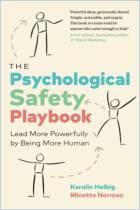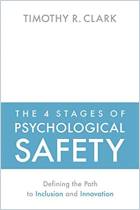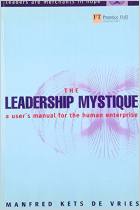Melden Sie sich bei getAbstract an, um die Zusammenfassung zu erhalten.

Melden Sie sich bei getAbstract an, um die Zusammenfassung zu erhalten.
Tony Humphreys
Creating Psychological Safety
Panoma Press, 2020
Was ist drin?
Self-help author explains how to explore your consciousness to understand yourself and build your courage.
Recommendation
Noted clinical psychologist and self-help author Tony Humphreys discusses the journey that leads to psychological safety – which he defines as a state of personal psychic fearlessness. He discusses early childhood influences, parenting, self-actualization, how leaders must fearlessly lead and the difficulties of any voyage of self-discovery. Humphreys holds out hope for the ultimate goal of comprehensive self-knowledge and self-love as he explains how to replace fear with personal psychological safety.
Summary
About the Author
Clinical psychologist Dr. Tony Humphreys founded the Relationship Mentoring modality of psychotherapy. He has also written 47 books including: The Power of ’Negative Thinking’; Leaving the Nest: What Families Are All About and Self-Esteem: The Key to Your Child’s Future.


















Comment on this summary